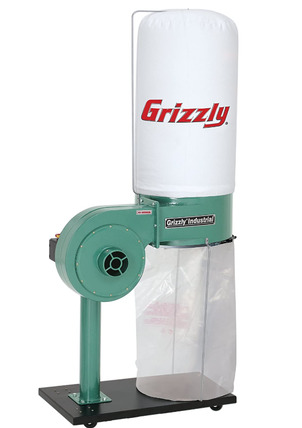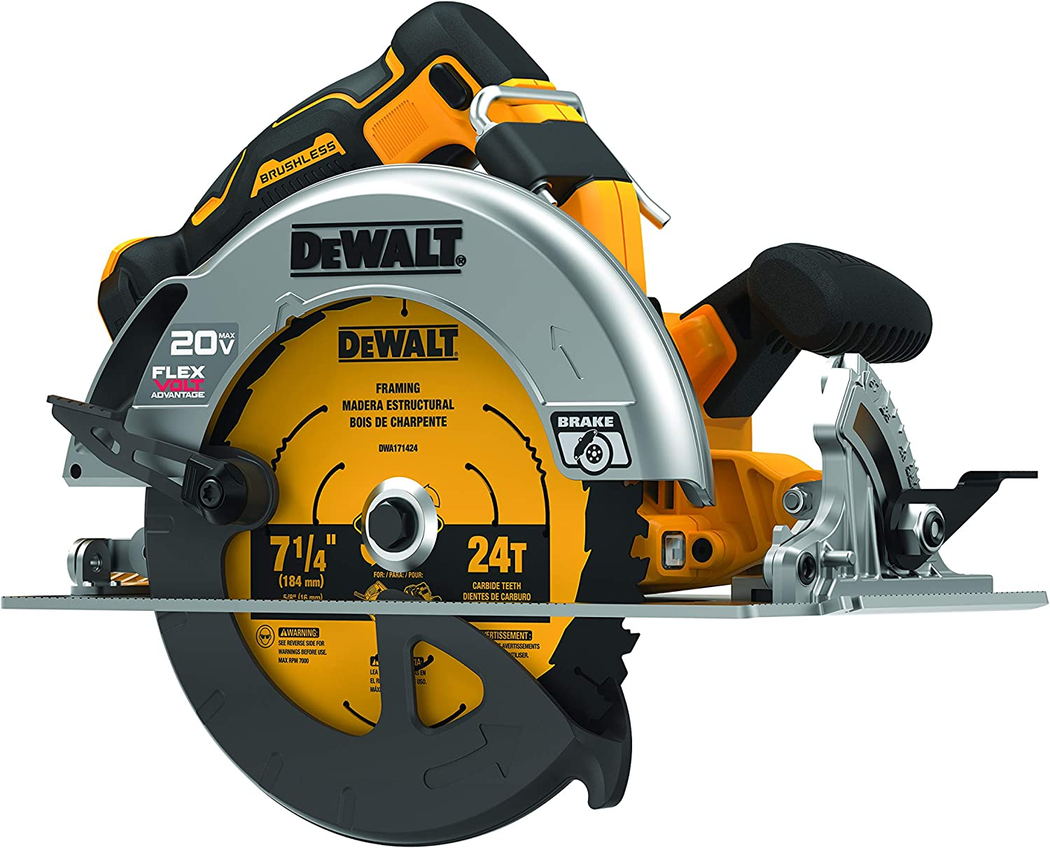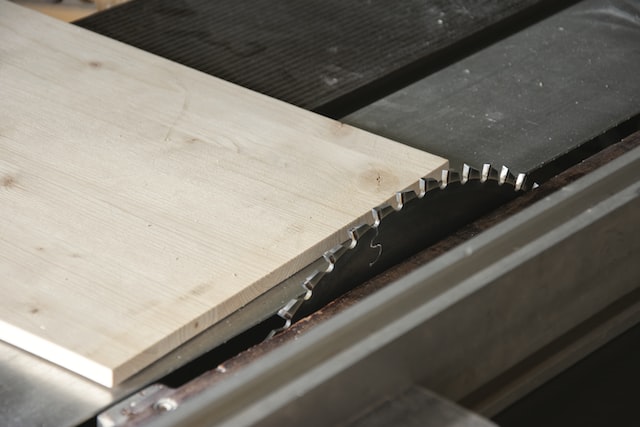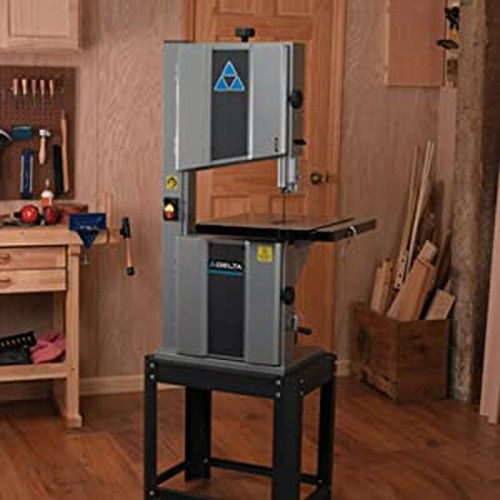Life Saving Dust Collection For Small Woodworking Shops
Dust collection for small woodworking shops is of the utmost importance for woodworkers. Without adequate ventilation, a workshop can quickly become an unhealthy smoky mess that poses health risks.
Fortunately, many effective methods exist for collecting wood dust, even in small spaces. The key is finding the solution that meets your requirements and budget. There’s more to know about how to set up a small woodwork shop.
Wall-mounted dust collection units
If your shop is small and space is at a premium, wall-mounted dust collectors may be your ideal solution. These vacuums are easy to set up and use; plug them in! These units often come equipped with powerful motors and can be placed near your woodworking tools for convenient access. Be sure that your electrical layout has the outlets and the amps to handle the equipment.
You have two choices for collecting air from multiple machines: purchase a wall-mounted unit that captures air from one machine at a time, or go with an all-inclusive model that simultaneously captures dust and wood chips from multiple machines. This option will save you the trouble of connecting multiple hoses and is perfect for shops with lots of dusty work to do.
The Grizzly Industrial G0710 wall-mounted dust collector is ideal for small shops. It can easily capture dust and wood chips from table saws, planers, and jointers. It has a mounting bracket and an emptying bag that can be removed when full.
A 1-hp motor powers this unit and produces 700 CFM. Its compact design makes it ideal for small shops, while the hose-size adaptor allows you to connect it to various tools.
This unique wall-mount design saves floor space by sucking up dust from its inlet, which is connected to a standard 4-inch hose. Additionally, it comes with a Z-bracket that can be installed at other key locations around the workshop to create dust collection stations at key points like tool benches or work tables.
In addition to collecting dust from tools, this model also filters the air before it enters your shop. It comes with a filter bag with a capacity of 30 microns; however, you can upgrade to a higher-capacity model for even finer dust collection.
When purchasing a wall-mounted unit, measure the space available and get one with sufficient power for your needs. Don’t end up with something that can’t meet your business demands.
Wall-mounted units should be secured using 2×4 cleats and 4” x 5/16″ lag bolts. Ensure the lag bolts are driven tightly into the wall studs. Add vibration-dampening shims to the cleats for additional support.
Portable dust collection units
The fine dust accumulating on your woodworking tools’ surfaces is unpleasant. It poses a serious health hazard to you and those nearby. In extreme cases, it may cause respiratory problems or act as a fire accelerant or explosive fuel.
Woodworkers must invest in a dust collection system for their workshop to combat this problem. The best systems contain dust, reduce the amount that falls onto your work surface, and minimize any mess left after you finish using your tools.
Various portable units can be wall-mounted, attached to your machines, or moved around as needed. Most of these units use a shop vacuum and hoses that attach directly to your tools. While cost-effective, they need more sustained volume for larger machines like planers and table saws.
Alternative options include cyclone-style collectors, which usually offer two-stage dust separation. The initial stage separates heavy chips and dust to a lower collection can, then sends lighter particles through a filter into a bag for collection.
Cyclonic air flow systems boast the largest cubic feet of airflow and are often employed in industrial settings. Although bulkier than other styles, their higher CFM allows them to run more efficiently. Cyclone-style units feature a cone-shaped section that spins the air, separating heavier chips and dust from smaller bits. This increases filter efficiency, leading to longer machine life.
The Grizzly portable dust collector might be worth considering if your woodworking shop is limited in space. It features a swiveling wheel stand that can easily be moved around the shop. This dust collector makes bag changes simple with its remote control (ON/OFF buttons). Plus, its paddle-cleaned canister can be filled with air before use for added convenience.
Central dust collection systems
Centralized systems are more intricate than wall-mounted or portable units. They consider factors like cubic feet per minute (CFM), air velocity, and static pressure; these calculations become especially crucial for large industrial setups with multiple machines running simultaneously; however, small one-person shops require less thought or complexity.
For small shops, a central system only needs to pull around 500 cfm at the farthest machine in order to provide effective dust control. A 2-hp unit may be sufficient; however, when your machines produce more dust, you may want to upgrade to a 4-hp system.
These systems may be expensive but provide a cost-effective solution for woodworking shops with variable production. With these systems, you can adjust production levels by adding or removing smaller collectors.
They also circulate air, so dust won’t accumulate and become a fire hazard or spark. This helps reduce the risk of fires in shops – one of the primary reasons they’re so popular among woodworkers.
A central system is more intricate than a wall-mounted or portable unit, but the extra expense pays off in the long run. You’ll need an electric blower or fan and a ductwork or hose system to connect your tools to the collector.
When installing a central system, two common sizes of hoses or ducting are 4″ and 2-1/2″. When possible, utilize the larger diameter to achieve maximum CFM efficiency.
Many machines, particularly benchtop models, don’t have a 4″ dust port. Therefore, you may need to purchase an adapter to connect a 4″ hose to a 2-1/2″ port. Doing this keeps the rated CFM closer to the machine and improves efficiency throughout your system.
Air scrubbers
Air scrubbers are an ideal choice for new homeowners small woodworking shops due to their ease of use and potential reduction in cleaning time and costs. Furthermore, air scrubbers can reduce health risks for workers in the shop by filtering airborne dust particles, fumes, and bacteria out of the air. Ultimately, the type of system you select depends on the quantity and kind of dust to be collected and treated.
Cyclone collectors are a popular choice for smaller shops since they quickly move air and can quickly eliminate large amounts of dust. However, if you need something particularly effective at capturing fine particles (like sawdust), HEPA-rated models may be worth exploring.
Powermatic’s Micro Dust Air Filtration System can effectively filter fine dust down to 1 micron, one hundred times smaller than a human hair. Not only that, but it’s incredibly quiet and can operate at low, medium, or high speeds for maximum efficiency.
No matter which shop dust collection unit you select, ensure it has a filtration system with at least a 12 MERV rating. The higher the MERV number is, the more effective it will be at trapping airborne contaminants.
No one can deny the fact that your woodworking shop generates a lot of dust, and it’s essential to keep it clean. Not only is this hazardous for your health, but it can damage paint and other finishes and impact the work done by others in your shop.
Preventing these issues by investing in a quality commercial dust collection and extraction system, such as an entire shop ambient air cleaner with HEPA or other powerful indoor air cleaning filter. While these systems may save you money over buying multiple commercial dust control and removal units, they’re expensive, so speak with an expert before making your choice.



















3 Comments